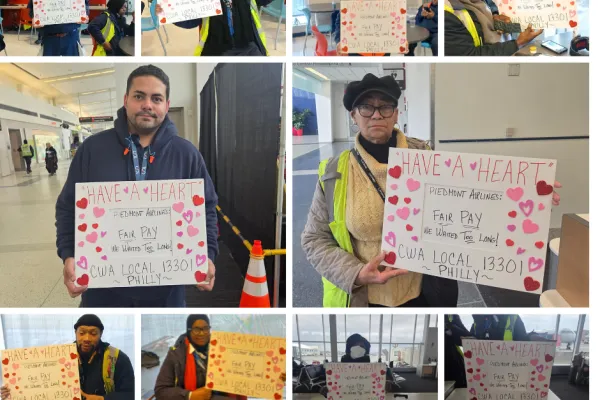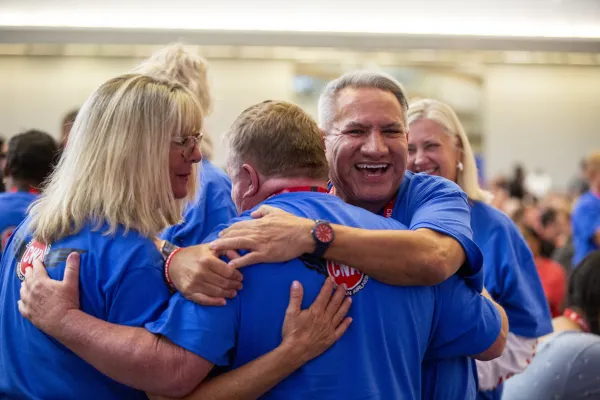Pressures Mount in America's Airports
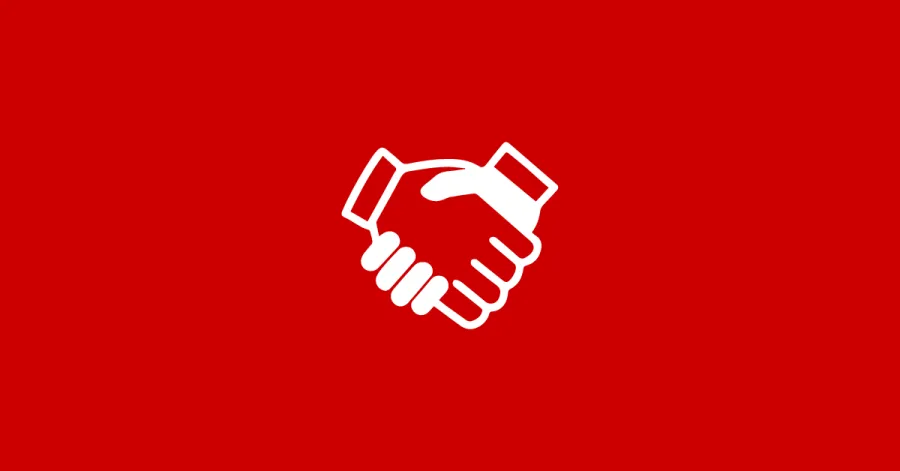
If you think traveling through airports is tough, try working in one.
[caption caption="Envoy Agent Susanne Skowronski (ORD)" align="left"]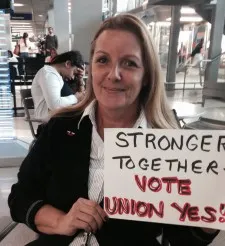
We want to elevate the customer experience as much as management does, but what the airline fails to realize is that it’s passengers who are escalating the situations, and we don’t have enough tools for handling things right now.
—Envoy Agent Susanne Skowronski, ORD
In April the viral video of Dr. David Dao being dragged from a United Airlines flight unleashed a new firestorm of passenger fear, anger, and provocation that is now taking a toll on airline employees across the nation. With the arrival of the summer travel season, planes are now more crowded, weather is more unpredictable, and passengers are taking out their frustrations on agents.
Agents report that it’s never been this bad. Susanne Skowronski, an Envoy agent at ORD for the past five years, says that recently unruly passengers seem to have multiplied, and she feels management is not responding to workers’ concerns. “It just doesn’t seem like the company backs its employees,” says Susanne. “It would make a difference if management were more present instead of leaving agents alone to deal with every problem. They just say we should diffuse the situation using our best judgment. We need help.”
[caption caption="Envoy agent Troy Pickett (ORD)" align="right"]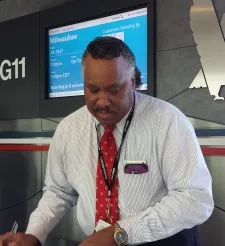
Troy Pickett, an Envoy agent at ORD for the past six years, is a CWA Steward and Acting Lead Agent. Troy says that it’s important to track abusive passenger behavior. “If people are threatening us repeatedly, we have to review their files and make sure that abusive incidents are recorded so we can know when to take action.”
Troy says that communications roadblocks between departments should be addressed. “It would help if all the airline employees were on the same page about what is happening with flights, so we’re all saying the same thing to passengers.” CWA Stewards are addressing this issue now at ORD with monthly meetings of employees and management. Troy is optimistic. “We just had our first meeting with a whole list of things that need to be addressed, including passenger anger and equipment that’s over the 75-pound weight limit.”
Susanne is especially concerned about passengers constantly filming employees. “The airline came up with a policy saying that we can’t be recorded while doing our jobs, but they haven’t posted anything about it at the gates, so the passengers have no idea,” says Susanne. “Even if the company put the policy into the fine print when people buy their tickets, it wouldn’t matter, because people don’t read that. It really needs to be posted.”
Industry observers note that corporate greed is the ultimate source of these mounting tensions. In an editorial in The Nation magazine, one Delta employee explained the increasing stresses airline employees face on a daily basis, and urged that passengers and employees understand that they are “in this fight together,” and stand up to the airlines’ “profits first, customers and workers second” approach. New York Times reporter Nelson Schwartz recently explained how pressure from Wall Street dictates how airlines approach success, leading CEOs and shareholders to pursue profits at all costs. Their tactics often set in motion conflicts between passengers and frontline airline employees. Huge executive bonus packages are based on the bottom line—not on customer satisfaction, baggage handling, or on-time arrivals. Schwartz calls out American Airlines for basing its bonuses solely on “the company’s pretax income and cost savings.”
On the front lines, American, Envoy, and Piedmont passenger service agents see the damage this approach does to the company’s relationship with its customers every day: overbooking, excessive baggage fees, squeezing more passengers into each aircraft with no room for passengers or crew to move comfortably, cuts to the number of agents handling the gate and bags, and increasing use of poorly paid, poorly trained contract workers. It all takes a toll.
American recently praised its agents’ “outstanding customer service and professional commitment,” but over 8,000 passenger service employees at American subsidiaries Envoy and Piedmont are paid only around $10 an hour. Ultimately, it’s management’s responsibility to find ways to decrease tension before and during flights and to back up agents with supportive policies and good pay and benefits.

